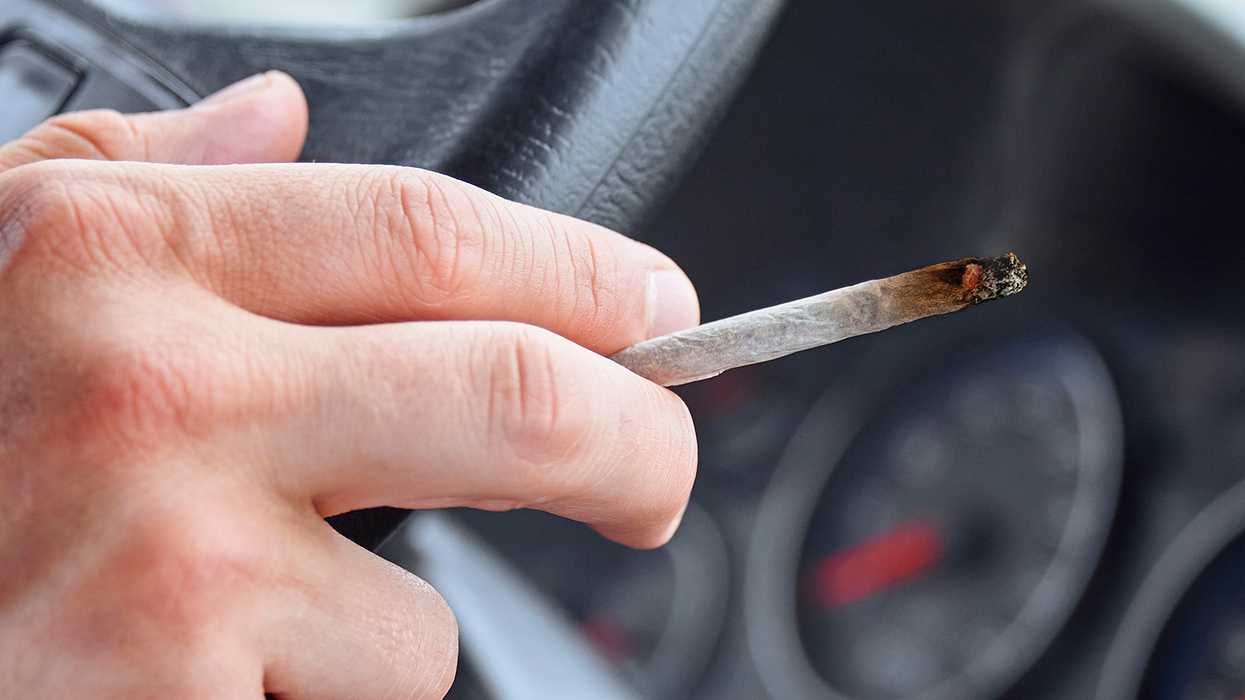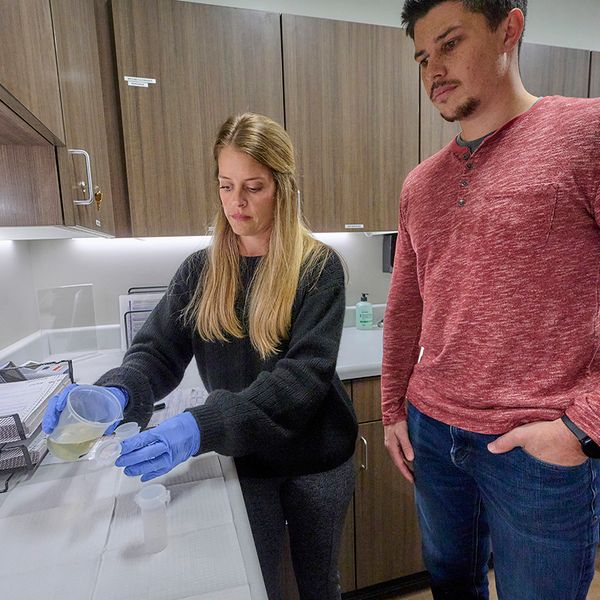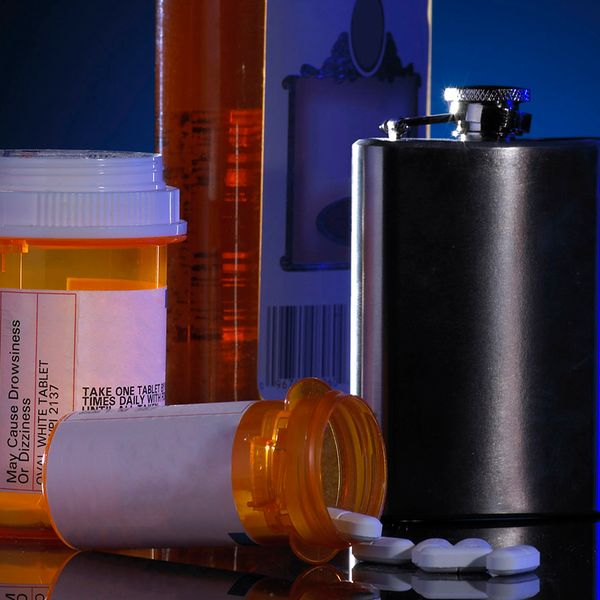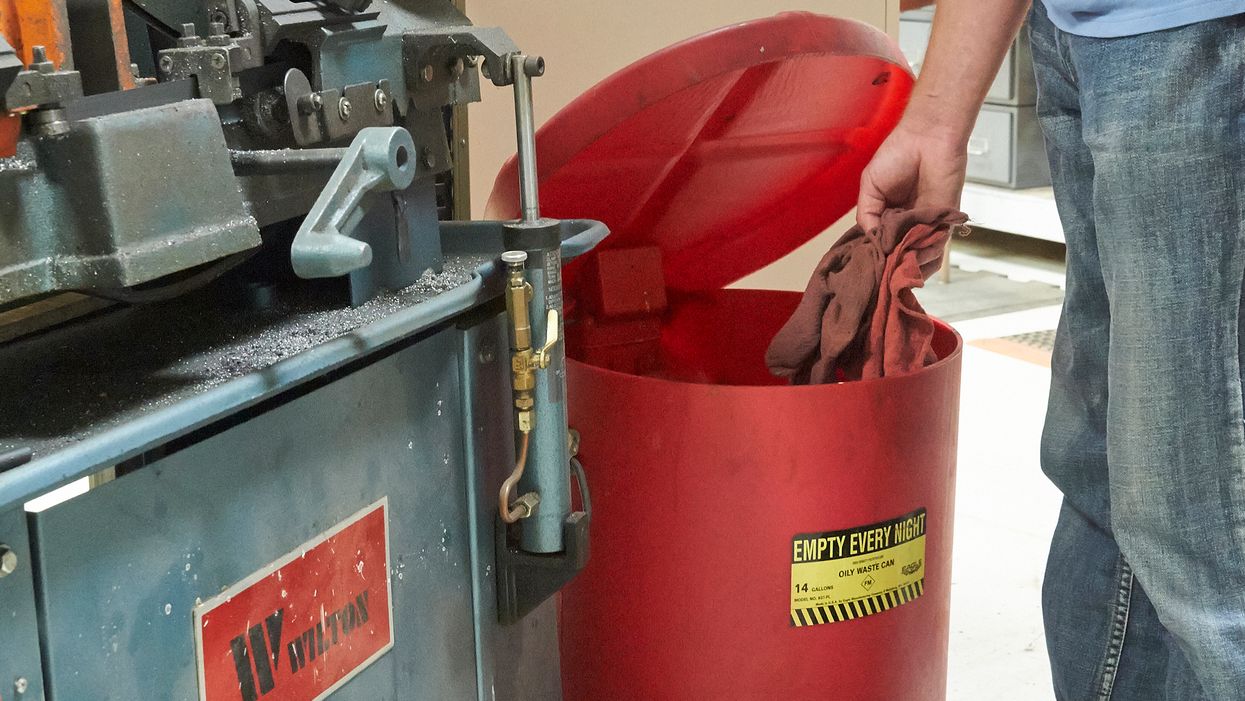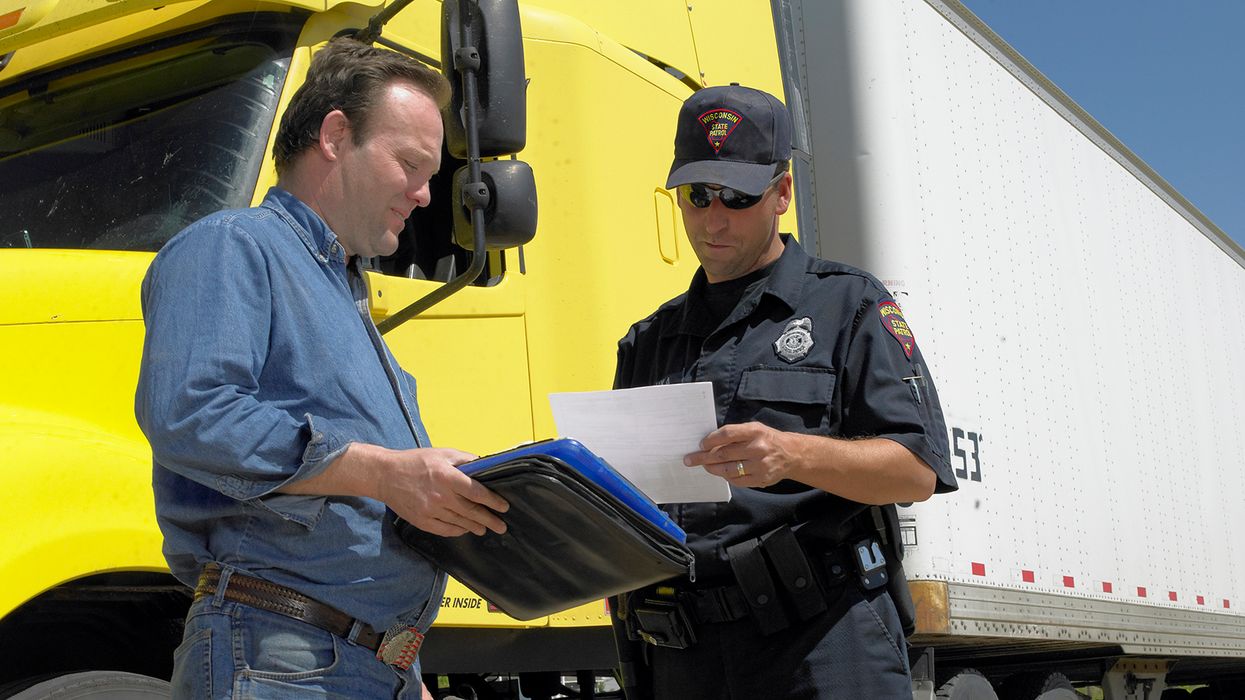The sober reality: Motor carriers will be cited for mismanaging DOT testing
The DOT will not look the other way during an audit if you misunderstand or neglect your obligations to drug and alcohol test commercial drivers.
In 2023, five of the top ten acute violations found during motor carrier audits involved noncompliance with drug and alcohol requirements. And drug and alcohol violations held two spots in the top ten critical violations for the same year.
Appoint a qualified team
Setting up a compliant DOT drug and alcohol program requires appointing knowledgeable employees to carry out the duties. The responsibilities may be farmed out to multiple individuals and departments, or you can contract with a consortium/third-party administrator to assume some of the roles.
Is training required for your staff?
Employee drug and alcohol training is required, sort of.
Part 382 only requires training in two situations:
- Supervisors who have been designated to request reasonable suspicion tests (382.603), and
- Drivers operating vehicles requiring a commercial driver’s license (382.601).
However, a general rule, 390.3(e), requires that motor carrier employees know and comply with the safety regulations. The rule, unfortunately, doesn’t spell out how to accomplish this. That’s when you look to the term “safety management controls” contained in the definition of Review in 385.3. It is referenced during DOT audits.
This definition is very high level and encompasses “…the systems, policies, programs, practices, and procedures used by a motor carrier to ensure compliance…” This is taken to mean training, policies and procedures, monitoring and tracking of compliance, and the like. The safety management cycle used in the Compliance, Safety, Accountability (CSA) enforcement model expands on this concept.
“Where do I start?”
If you are looking for resources to learn more about DOT testing, Compliance Institute contains several articles on the topic. The following resources can help get you started:
Questions?
If you have a question on DOT drug and alcohol testing or any other regulatory topic, we encourage you to reach out to our compliance experts using Expert Help. Our team of experts is always happy to assist.

